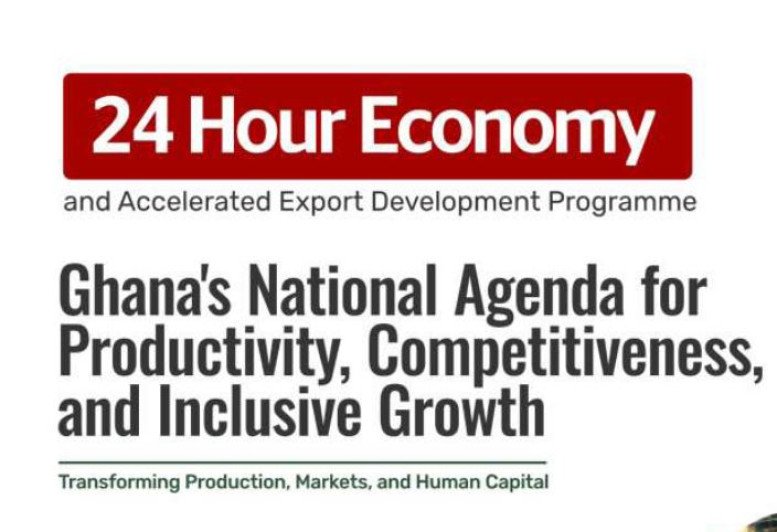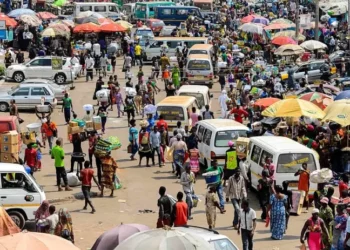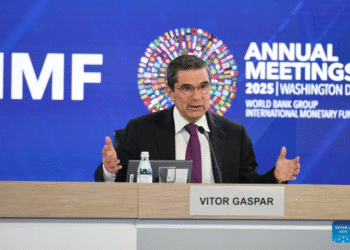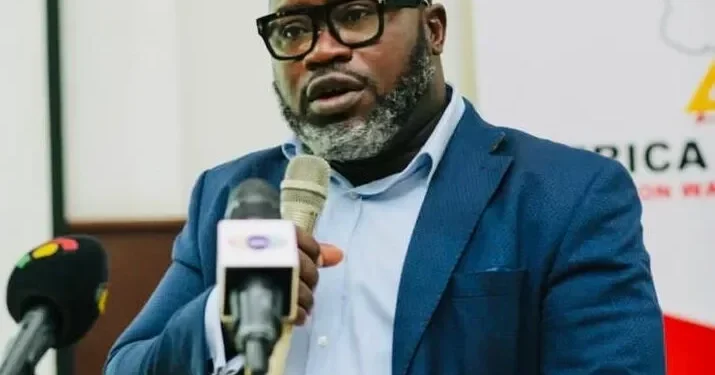The effective implementation of the 24-Hour Economy and Big Push are important reforms that can increase the per-capita income of the country, Mr. Robert Taliercio O’Brien declares.
The World Bank Country Director is confident that the 24-hour Economy and Accelerated Export Development Programme as well as the Big Push Programme has the potential of providing jobs and improving the living standard of the people of Ghana.
At the launch of the 2025 Policy Notes, themed: “Transforming Ghana in a Generation,” he mentioned that these policy initiatives have the potential of reflecting in the life of the ordinary Ghanaian and improve the county’s status.
“Our research shows that with ambitious reforms, Ghana could more than triple per capita income by 2050 – moving it decisively towards upper-middle-income status.”
Mr. Robert Taliercio O’Brien, World Bank Country Director
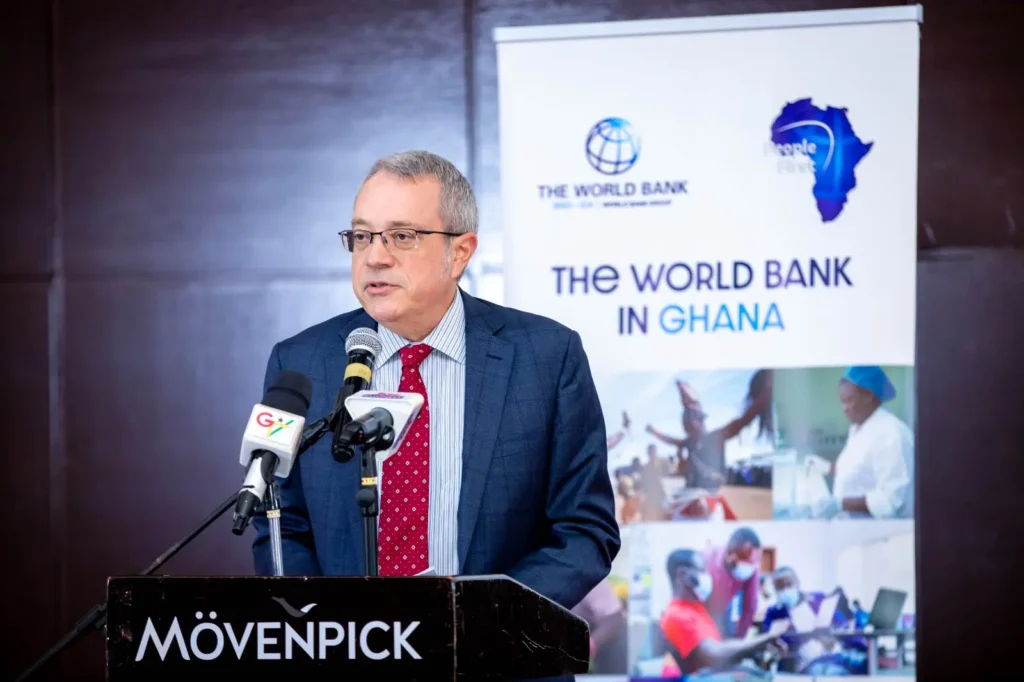
The Key Policy Initiatives
The 24-Hour Economy and Accelerated Export Development Programme, according to the 2025 Mid-Year Review Budget, is an “ambitious and integrated strategy to boost production, create sustainable jobs and modernize our [Ghana’s] economy.” Adding that it “represents a national reset aimed at reducing import dependence, expanding domestic production, improving market access and building a competitive, skilled workforce for a dynamic economy.”
The 24-Hour Economy is anchored on the Volta Economic Corridor project, which is a “transformational project to unlock the vast economic and environmental potential of the Volta Lake and its surrounding lands.” This idea is to “expand Dr. Kwame Nkrumah’s original vision of the Volta Project as a hub for agro-industry, trade and transportation, now re-imagined to fit today’s economic realities and regional opportunities.”
The second policy initiative that Mr. O’Brien is poised will reduce poverty is the Big Push Programme. This programme, the Mid-Year Review Budget described as a “massive infrastructure development.”
An budget of GH¢13.8 billion has been allocated over the next 2 years to this programme, to improve road infrastructure. It covers 32 new road projects and 13 abandoned road projects.
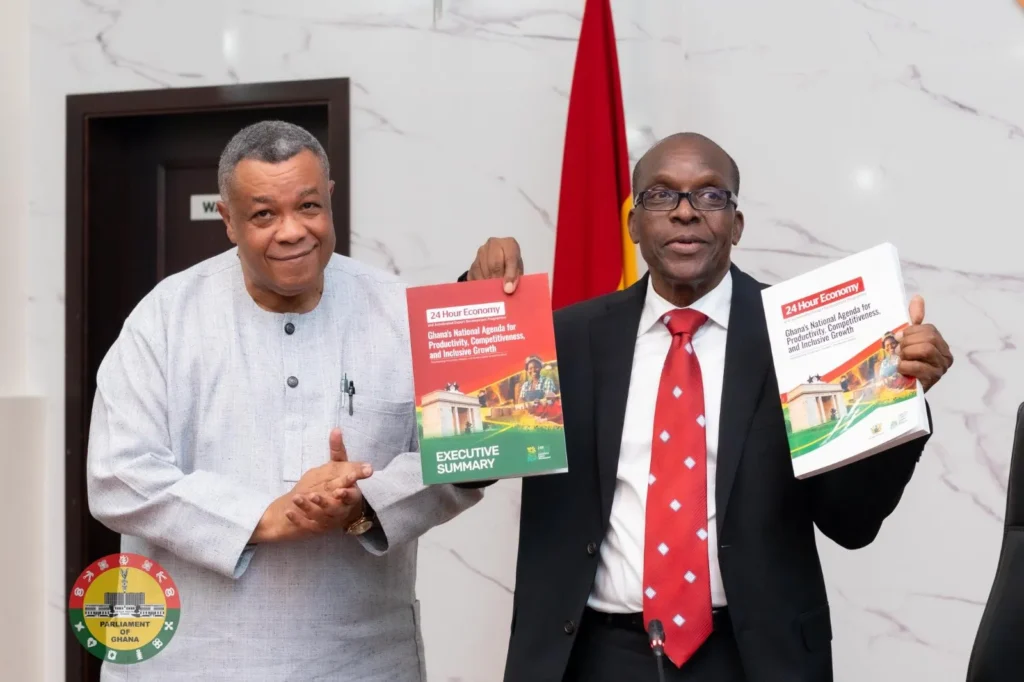
Transformative nature
Mr. O’Brien encourages the whole citizenry to rally behind the initiative and avoid its politicization for the betterment of the nation.
In the face of critics and nay sayers, Mr. O’Brien charges the government to be steadfast and resolute. The government, he added should include the private sector in the implementation of the initiatives to improve efficiency. The right environment should be created to invite individuals to invest into the projects.
Furthermore, Mr. O’Brien advocated that the policy initiatives should also allow for the inclusion of civil societies and international community.
Collective development creates a sense of responsibility to all citizens, allowing for contributions and improvement to policy implementations.
“Transformation is a collective endeavour. It demands unwavering commitment from government, innovative spirit from the private sector, active participation from civil society, and the sustained partnership of the international community.”
Mr. Robert Taliercio O’Brien, World Bank Country Director
Poverty improvement
Mr. Stefano Curto in commenting on the policy note, revealed that the past decade witnessed a decline in the income per person.
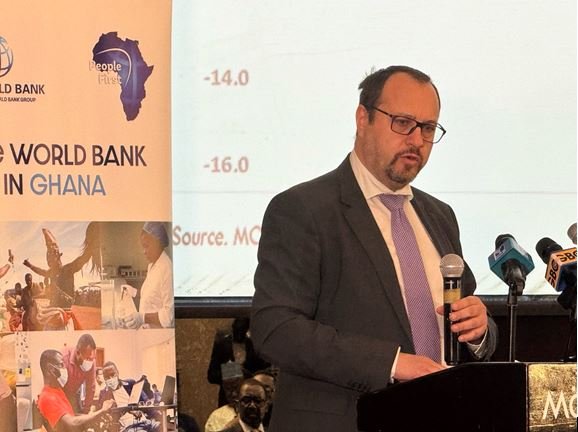
According to World Bank Data, the per capita income for 2014 was US$ 1,949.9 and that of 2024 was US$ 2,405.8. This shows a 2.07% increase. This does not match the rate of population growth which was 28,041,592 in 2014 and 34,427,414 in 2024. Also showing a growth rate of 2.24%.
The poverty level in the country also depends on how the income is distributed. Holding all thing equal, “income per capita stagnated,” Mr. Curto mentioned.
The Lead Country Economist of the World Bank Group lamented that Ghana still rely on raw natural resources at the neglect of real structural transformation that can increase productivity gains to create more jobs. Productivity, across all sectors is low, making the country rely on imports of basic food commodities, increasing inflation and cost of living.
“Consequently, income per capita has stagnated at around US$ 2,200 over the past 10 years, and the progress in human development has been reversed, with poverty now afflicting more than one-quarter of the population.
“The subsequent increase in food and fuel prices subsequently affected household purchasing power, especially for the poor and economically insecure and even for the middle class”
Mr. Stefano Curto, Lead Country Economist of the World Bank Group
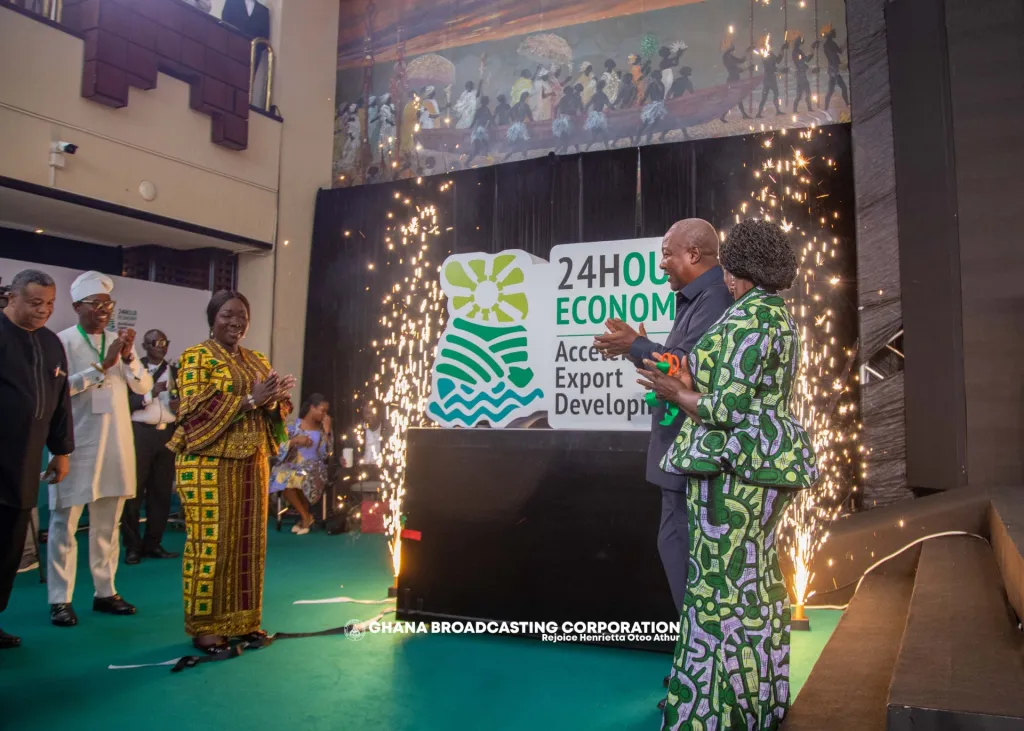
According to Mr. Curto, the fiscal and macroeconomic failure of the past could be a thing of the past if these key policy initiatives are effectively implemented in a transparent and accountable manner.
This government can lay the foundation for economic growth, fiscal discipline and stability, as well as structural transformation.
READ ALSO: Cedi’s 60th Anniversary to Mark Turning Point in Ghana’s Fight Against Dollarisation



